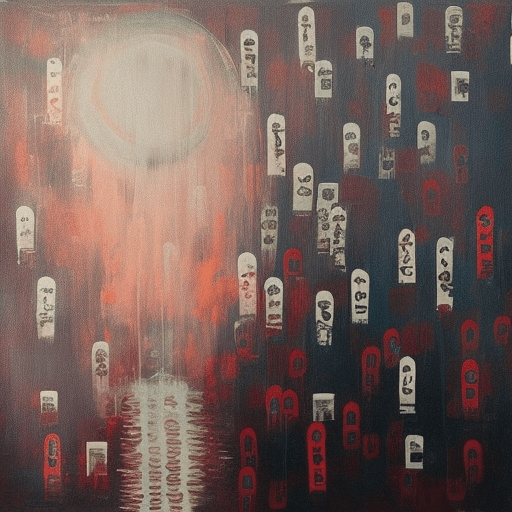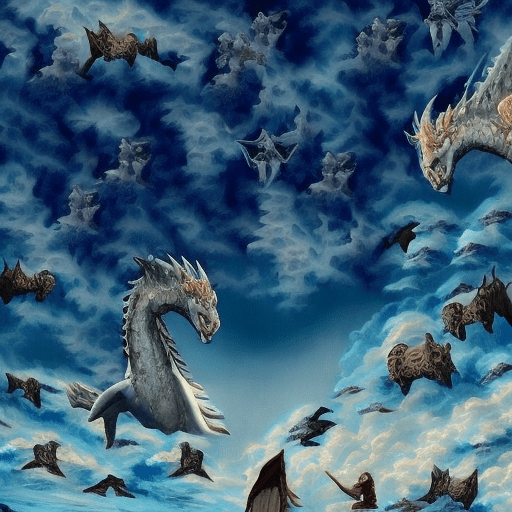Summary of “Good Morning” by Yasujirō Ozu
One-line Summary:
“Good Morning” is a heartwarming and humorous Japanese film directed by Yasujirō Ozu, exploring the power of communication and the importance of human connection in a modernizing society.
Main Cast and Crew:
- Director: Yasujirō Ozu
- Writer: Yasujirō Ozu, Kōgo Noda
- Key Actors: Keiji Sada as Minoru, Yoshiko Kuga as Isamu’s wife, Chishū Ryū as Keitaro, Kuniko Miyake as Keitaro’s wife
- Music Director: Toshirō Mayuzumi
- Director of Photography: Yūharu Atsuta
- Producers: Shizuo Yamanouchi, Kazuo Hara
Plot:
Set in a suburban neighborhood in Tokyo, “Good Morning” revolves around the lives of two young brothers, Minoru and Isamu, who become fascinated with the idea of owning a television. Frustrated by their parents’ refusal to buy one, the boys decide to go on a silent strike, refusing to speak until their wish is granted. This causes a stir in the community, with neighbors and friends trying to decipher the reason behind their silence.
As the strike continues, the film delves into the lives of the boys’ neighbors, including their father, Keitaro, and his interactions with his wife and the other residents. Ozu masterfully weaves together various subplots, exploring themes of communication, social etiquette, and the generational gap between parents and children.
Through the boys’ strike, Ozu highlights the growing influence of mass media and consumerism on society, as well as the changing dynamics within families. The film humorously portrays the struggles of daily life, the importance of small talk, and the power of non-verbal communication.
Themes and Motifs:
“Good Morning” explores the theme of communication and its various forms. Ozu emphasizes the significance of dialogue, both verbal and non-verbal, in fostering understanding and connection between individuals. The film also touches upon the impact of modern technology, such as television, on interpersonal relationships and the erosion of traditional values.
Ozu’s signature motifs, such as low-angle shots, static camera positions, and the use of pillow shots, create a sense of tranquility and contemplation. These techniques allow the audience to immerse themselves in the characters’ lives and reflect on the universal themes presented in the film.
Reception and Legacy:
Upon its release in 1959, “Good Morning” received critical acclaim for its gentle humor, insightful social commentary, and Ozu’s masterful direction. The film was nominated for the Palme d’Or at the 1959 Cannes Film Festival and won the OCIC Award.
“Good Morning” has had a lasting impact on cinema, influencing numerous filmmakers with its minimalist style and poignant storytelling. It is considered one of Ozu’s most accessible and beloved works, showcasing his ability to capture the complexities of human relationships in a rapidly changing world.
Recommendation:
“Good Morning” is a delightful and thought-provoking film that offers a charming glimpse into Japanese society. With its timeless themes and Ozu’s unique directorial style, it is a must-watch for cinephiles and anyone interested in exploring the intricacies of human connection.
Memorable Quote:
“Good morning, good morning, good morning! We’ve talked the whole night through. Good morning, good morning to you.”












